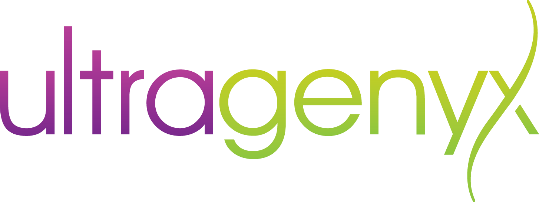Ultragenyx Pharmaceutical Inc. and Mereo BioPharma Group today announced data from the dose-selection Phase 2 portion of the Phase 2/3 Orbit study, showing that setrusumab significantly increased bone production in OI-affected patients after only 3 months.
Click here to read the full article.
On June 5th, the Foundation received the following communication from Ultragenyx regarding the interim data of their Phase 2 study, Orbit.
Dear OI Advocates,
As our trusted partner in OI, we are excited to share with you an important update about the Orbit study, NCT05125809, on behalf of the Ultragenyx OI study team. As you may be aware, Ultragenyx is sponsoring Orbit, a global study to determine the safety and efficacy of setrusumab, UX143, in the treatment of OI. Setrusumab is a fully human monoclonal antibody that inhibits sclerostin. Sclerostin is a protein that causes decreased bone formation and increased bone resorption. By inhibiting sclerostin, the goal of setrusumab is to increase bone formation, strength and bone mineral density and, to a lesser extent, decrease bone resorption.
Orbit is a randomized double-blind placebo-controlled Phase 2/3 study in OI types I, III, IV patients aged 5 to <26 (N=219). Enrollment in the Phase 2 portion of the study was completed in February with 24 patients. Patients received setrusumab at one of two doses to determine the optimal dosing strategy for Phase 3. We are pleased to announce the interim results from Phase 2 portion of the Orbit study. Data from the pediatric cohort suggests a substantial benefit on bone formation within 3 months on setrusumab.
Across all patients evaluated, setrusumab significantly increased levels of serum P1NP, a marker of bone formation, and a significant and rapid bone-building effect in the lumbar spine. There have been no treatment-related serious adverse events observed in the study. Reported adverse events have been consistent with the anticipated safety profile for setrusumab based on previous trial and include infusion-related reactions, headache, and sinusitis. There were no safety-related differences observed between dosing groups or age groups. “It’s encouraging to see similar lumbar spine bone mineral density results at 3 months in children to what we saw in adults at 12 months using the same dose levels,” said Eric Crombez, M.D., chief medical officer at Ultragenyx. “We believe it suggests that growing bones are more dynamic, and we anticipate a greater effect on bone formation and strength in the younger subjects with immature skeletons.”
Having this data allows Ultragenyx to move forward to the pivotal Phase 3 portion of the global study. Phase 3 will include approximately 195 participants, randomized 2:1 to receive setrusumab or placebo. We are grateful to the patients, parents, and caregivers who contributed to this study. We couldn’t do any of this work without the support from the OI community! To learn more about Patient Advocacy at Ultragenyx and our commitment to the OI community, including the upcoming Phase 3 trial, please visit https://ultrarareadvocacy.com/conditions-we-study/osteogenesis-imperfecta-oi/ or reach out via patientadvocacy@ultragenyx.com.
Thank you all for your support and trust in this work.
Sincerely,
Jenny McCue
Jenny McCue, Executive Director OI patient advocacy and engagement
 As Chairman, Dr. Glorieux led the OIF Medical Advisory Council and volunteered his time and expertise to review OI Foundation publications, advise the OI Foundation on new research, speak at OIF events and conferences, and answer questions from the OI community. We are so thankful to Dr. Glorieux for his leadership and his commitment to children and adults living with OI. We are pleased to share that Dr. Glorieux will continue to serve as a member of the OIF’s Medical Advisory Council and the OIF’s Board of Directors. The OIF continues to be so grateful to Dr. Glorieux for all he does for the OIF and the OI community.
As Chairman, Dr. Glorieux led the OIF Medical Advisory Council and volunteered his time and expertise to review OI Foundation publications, advise the OI Foundation on new research, speak at OIF events and conferences, and answer questions from the OI community. We are so thankful to Dr. Glorieux for his leadership and his commitment to children and adults living with OI. We are pleased to share that Dr. Glorieux will continue to serve as a member of the OIF’s Medical Advisory Council and the OIF’s Board of Directors. The OIF continues to be so grateful to Dr. Glorieux for all he does for the OIF and the OI community.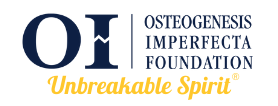




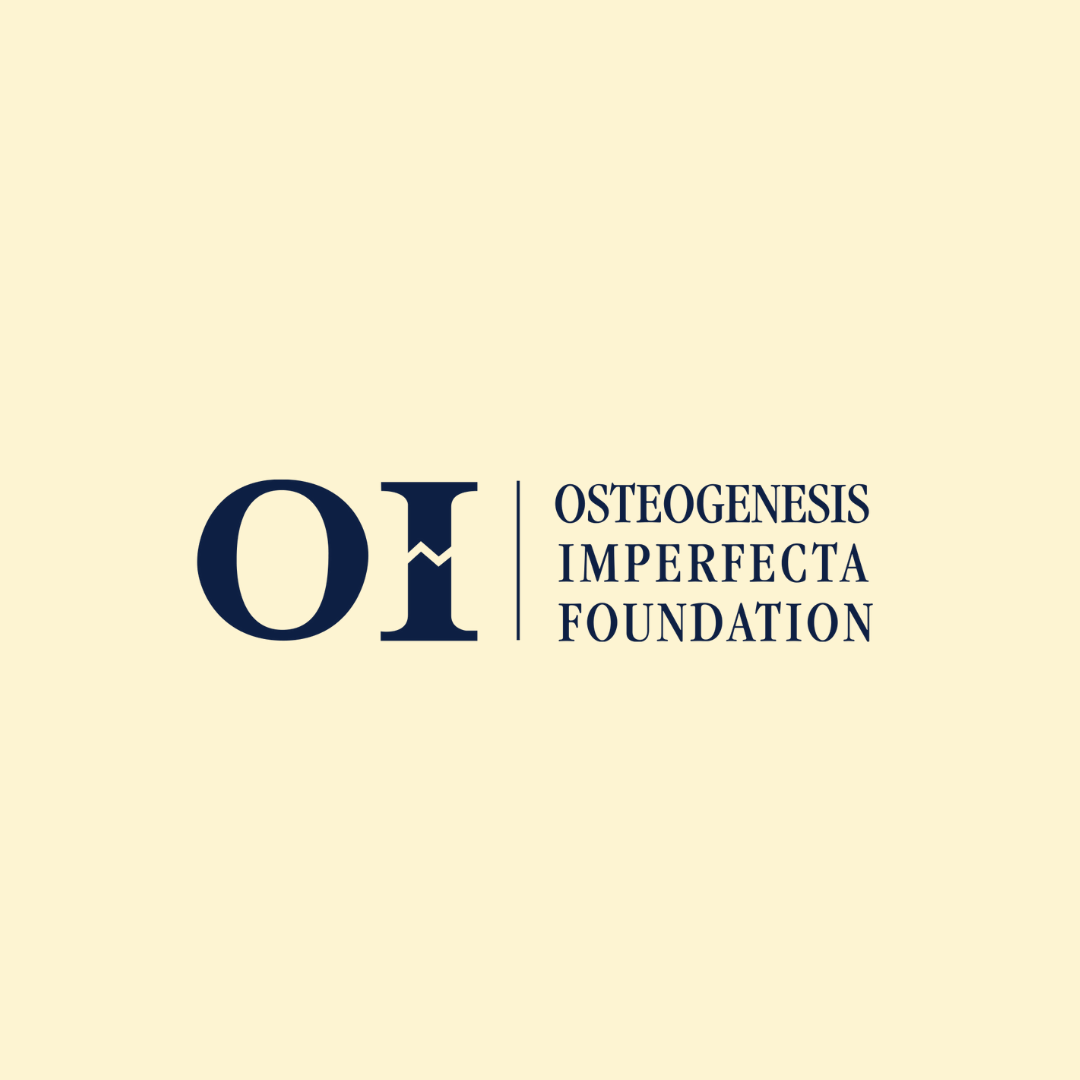
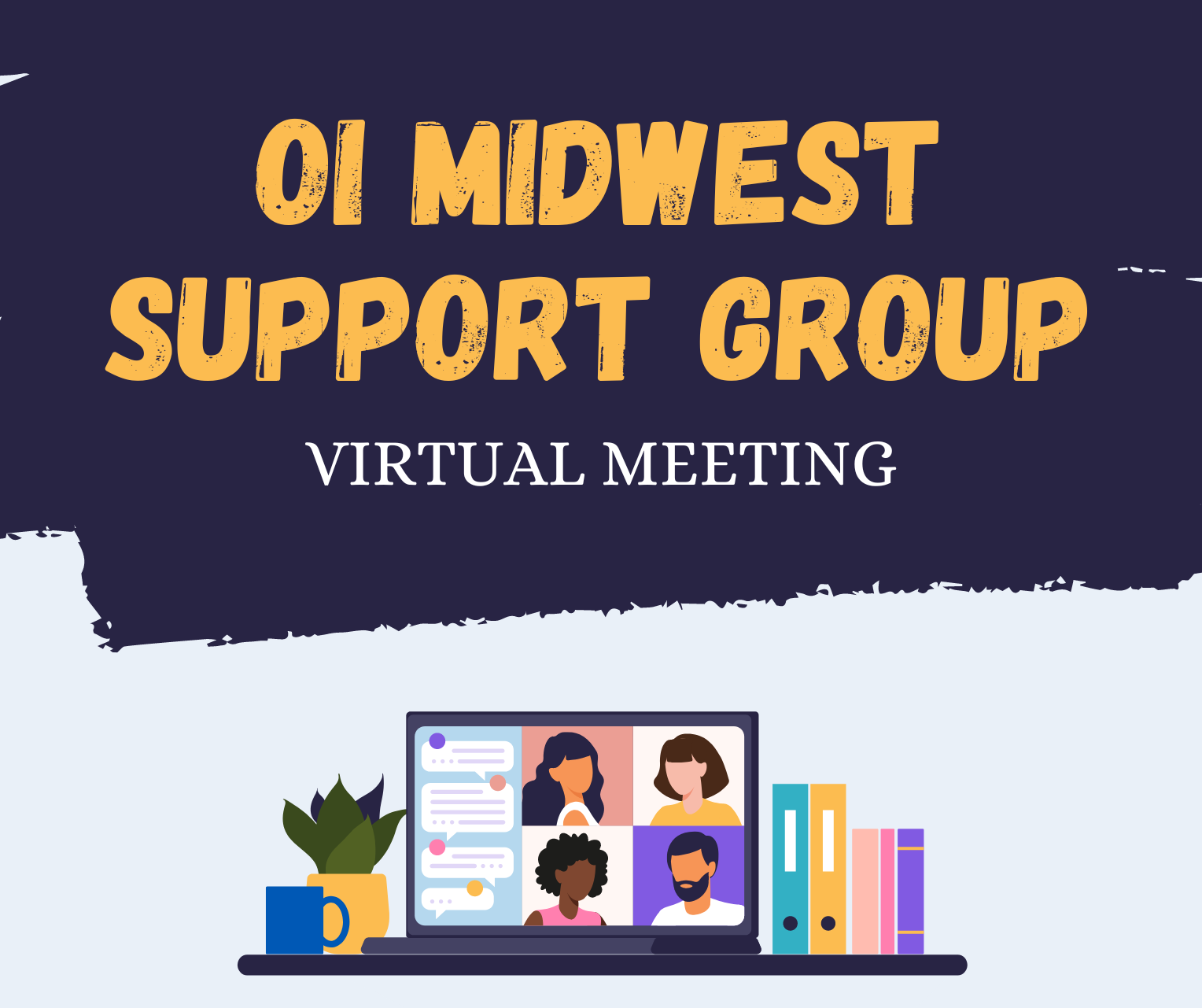
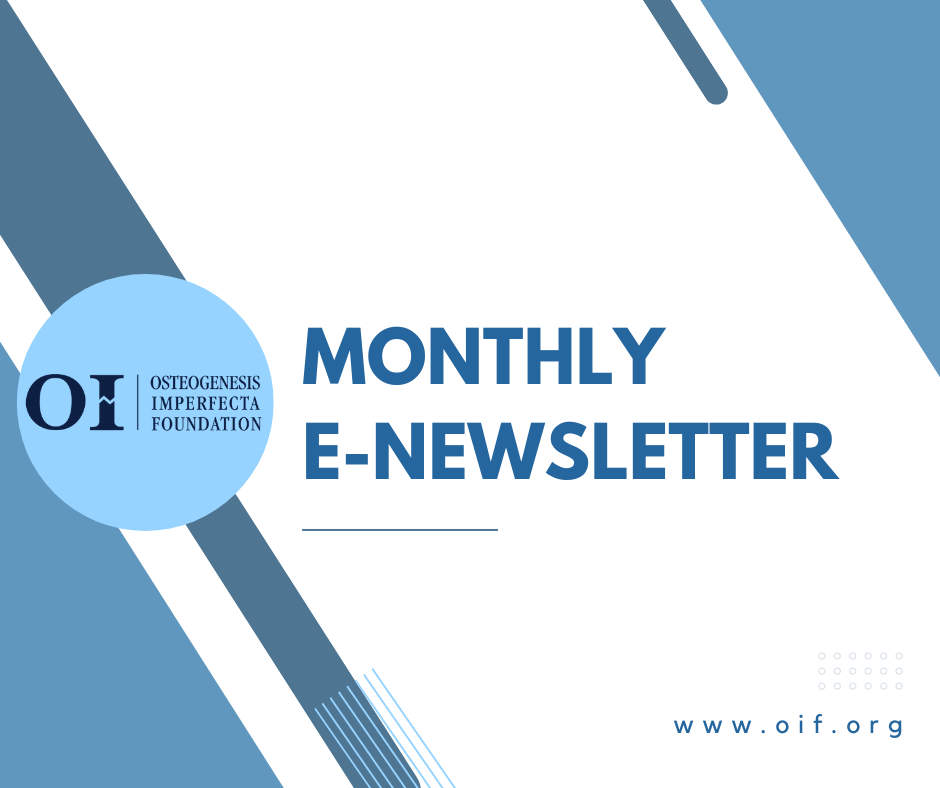
 We are pleased to announce that Dr. Cathleen L. Raggio will be the chair of the OI Foundation Medical Advisory Council (MAC) beginning July 1, 2023. Dr. Raggio is a pediatric orthopedic and spine surgeon who specializes in skeletal dysplasias (i.e., osteogenesis imperfecta), and scoliosis.
We are pleased to announce that Dr. Cathleen L. Raggio will be the chair of the OI Foundation Medical Advisory Council (MAC) beginning July 1, 2023. Dr. Raggio is a pediatric orthopedic and spine surgeon who specializes in skeletal dysplasias (i.e., osteogenesis imperfecta), and scoliosis.
